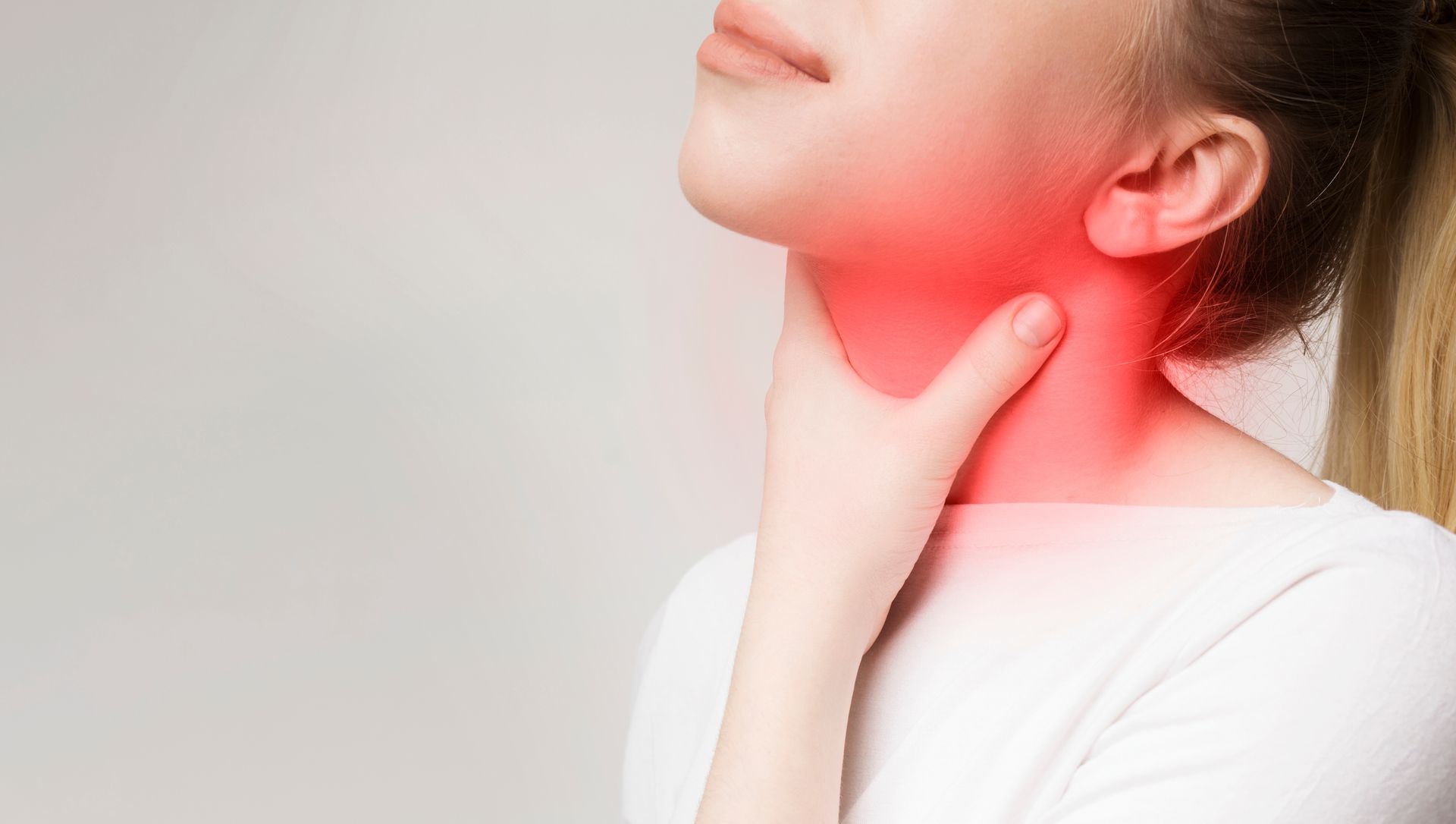Most of us don’t have trouble seeing and appreciating the beauty around us. We find it in sunrises and sunsets, the clouds as the gently blow by, the mountains, or the beach. Nature is full of beauty when we slow down long enough to notice.
And then there is the beauty of the people we encounter every day. Some of that beauty is easy to notice – the cute guy or girl, the model in the ad or the actor on TV. Some of the beauty is subtler and can go unnoticed. The kind heart of the person waiting your table, the smile from the elderly person you let get in front of you in line at the grocery store. It might not demand your attention, but it’s there and when you take time to appreciate it, it can change your day and theirs.
But what about the beauty within you? Yeah, you! Most of us don’t recognize that beauty, let alone take time to appreciate it. We’re more likely to deny it’s there. We refuse to believe it. Beauty, true beauty, is something we think belongs to someone else. And when others see that beauty within us and point it out, we’re not sure what to do. Sometimes we find it hard to believe, sometimes we’re embarrassed, and sometimes we are able to smile and just be thankful.
We love this video by a high school student from Chicago who decided to record her classmates as part of a project where she was filming beauty.
How would you react in this situation?
At Collage, we believe that there is beauty and value in everyone. Often times though, we have a hard time seeing that beauty. Perhaps it’s buried under the rubble of past decisions or circumstances that life has handed us. But no matter how badly we’ve been broken and tarnished, the fact is, beauty remains, waiting to be uncovered. At Collage, we’ve experienced the restoration of beauty in our own lives, and that compels us to help others seek the beauty within them.
If you’re facing the possibility of an unplanned pregnancy or a sexually transmitted disease, we’d love to help you create beauty from the unexpected.


At Collage, we’ve experienced the restoration of beauty in our own lives, and that compels us to help others seek the beauty within them.
Don’t ever hesitate to contact us.
Site designed and hosted by Tally Creative, Inc.



